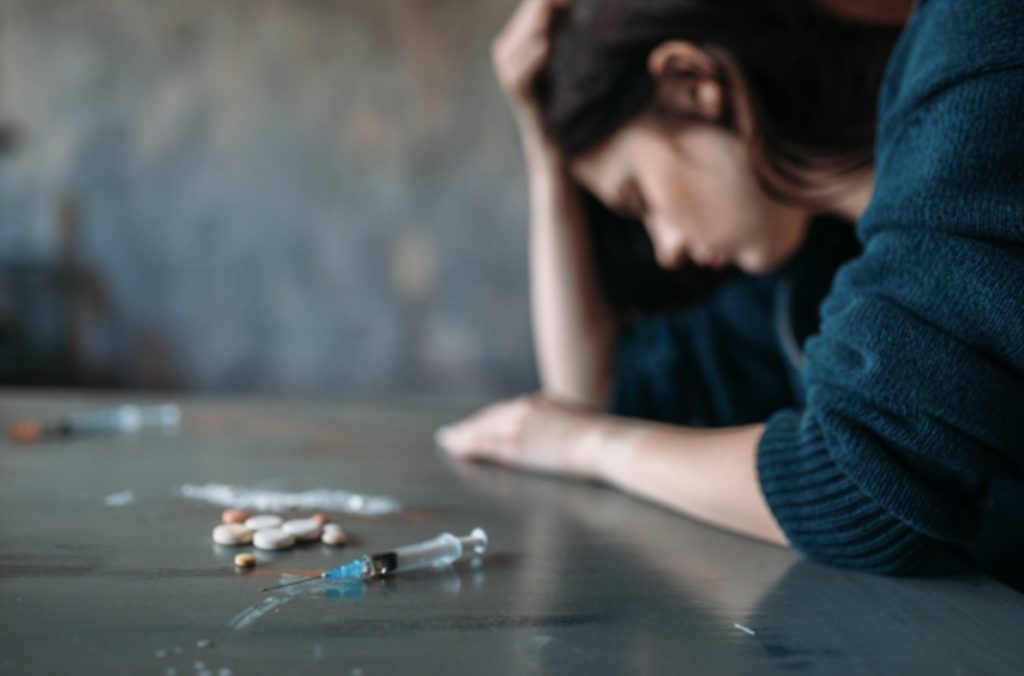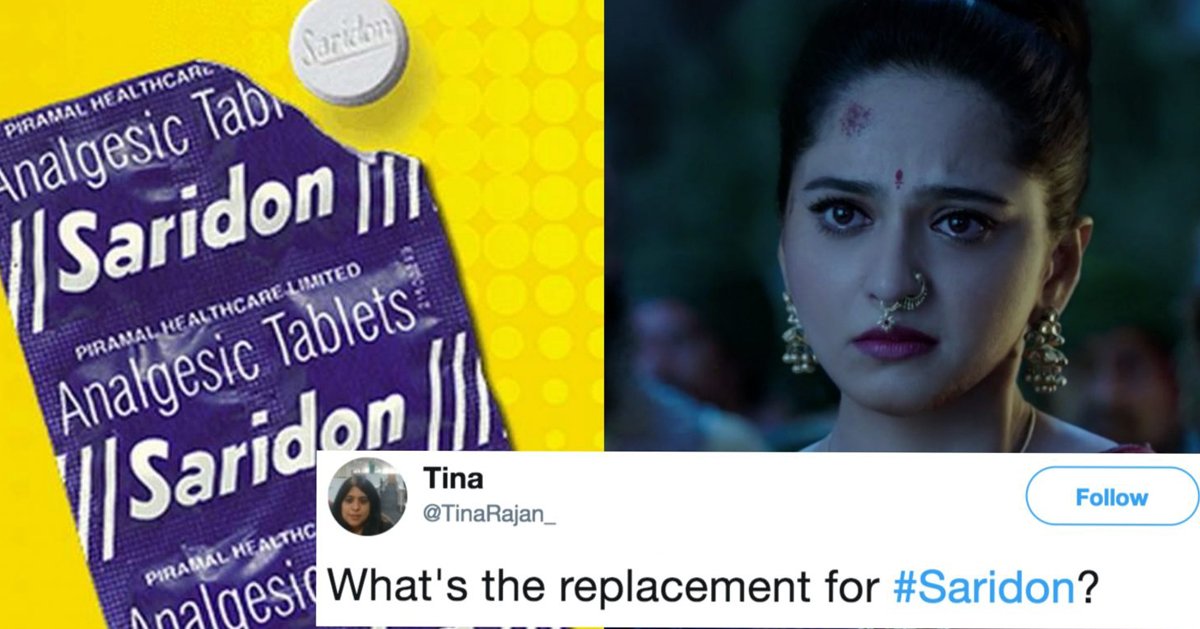Punjab is in the grips of a drug epidemic that does not discriminate between men and women. There has been a steady rise in the number of women being arrested for drug crimes in the state, indicating their growing role in the trade.
Women’s Growing Role in Punjab’s Drug Trade
Women now account for over 10% of total cases registered under the NDPS (Narcotic Drugs and Psychotropic Substances) Act in Punjab, as per police records. Most of the accused women hail from impoverished rural areas and urban slums, especially the Malwa region, which is notorious for drug abuse.
Police officials reveal that peddling has become a family enterprise, with women taking on more active roles when male members are jailed or pass away. Women couriers are also used as safer carriers of contraband.
Once trapped in the vicious cycle, women find it difficult to extricate themselves and their families from the trade. Their children’s education and prospects suffer. Stigma and lack of rehabilitation options add to their woes.

Factors Driving Women into the Drug Trade
Experts say multiple factors are driving women into the drug trade – poverty, needing money to fund personal addictions, desire for quick money, and coercion by male family members. The number of female addicts is also on the rise in the state.
However, all-woman anti-drug committees in some villages are making efforts to rehabilitate accused women and help them rejoin society. But much more needs to be done to address the root causes that are trapping women in the illegal drug trade in Punjab.
While women’s involvement in the drug trade is increasing, female addiction too is a growing but hidden phenomenon in Punjab.
Exhaustion, desire to relax after a long day’s work, and introduction to drugs by family members are some of the reasons driving women into substance abuse. Younger female family members also get lured by seeing older women consume drugs at home.
Once addicted, women resort to selling household items, neglect children, and even exchange sex for drugs when cash runs out, in order to sustain their habit. Stories of students and working women getting introduced to drugs through friends and peer pressure are also common.
Challenges in Rehabilitating Female Addicts
Rehabilitation of female addicts is riddled with challenges and repeated relapses. Stigma prevents many from seeking help in the first place. There is only one government-run de-addiction center exclusively for women in Punjab currently.
Experts emphasize the need for more all-women treatment facilities, awareness campaigns to reduce stigma, and cracking down on drug supply chains. Family support is crucial for women to overcome barriers and successfully quit drugs.
Need for Holistic Action Against Drug Crisis
The drug crisis in Punjab calls for concerted action on multiple fronts – curbing supply, expanding rehabilitation infrastructure, stigma reduction, and creating alternate livelihood options for vulnerable sections. A holistic approach encompassing all sections of society is the need of the hour.

Easy Availability and Lack of Action Fueling Epidemic
Drug abuse has proliferated in Punjab over decades due to the easy availability of substances like heroin, opium, and pharmaceutical drugs. Lack of concerted action against drug mafias has exacerbated the situation.
Younger generations are getting trapped by this epidemic through friends and peer pressure. Suppliers use discreet ways like missed calls and designated pick-up points to deliver drugs to women who can afford expensive substances like heroin.
Treatment centers report rising cases of women addicts from across socioeconomic backgrounds – wealthy, poor, educated, uneducated, employed and unemployed. Many addicts use aliases and secret identities to avoid detection from families and society.
Women often struggle with drug dependence much more than men. Breaking the habit after addiction is tougher for them. The fear of stigma continues to stop women from seeking help.
Counselors strongly emphasize the need for families to support female addicts emotionally and financially in accessing treatment and reintegrating into normal life. Sensitivity is required in handling women addicts.
Way Forward – Awareness, Rehab Centers, Action Against Drug Mafias
Awareness campaigns, female-only rehab centers, vocational training, and economic empowerment of vulnerable sections have been outlined as crucial steps to tackle the crisis. But collective action against drug mafias remains fundamental to resolving the complex issue.






